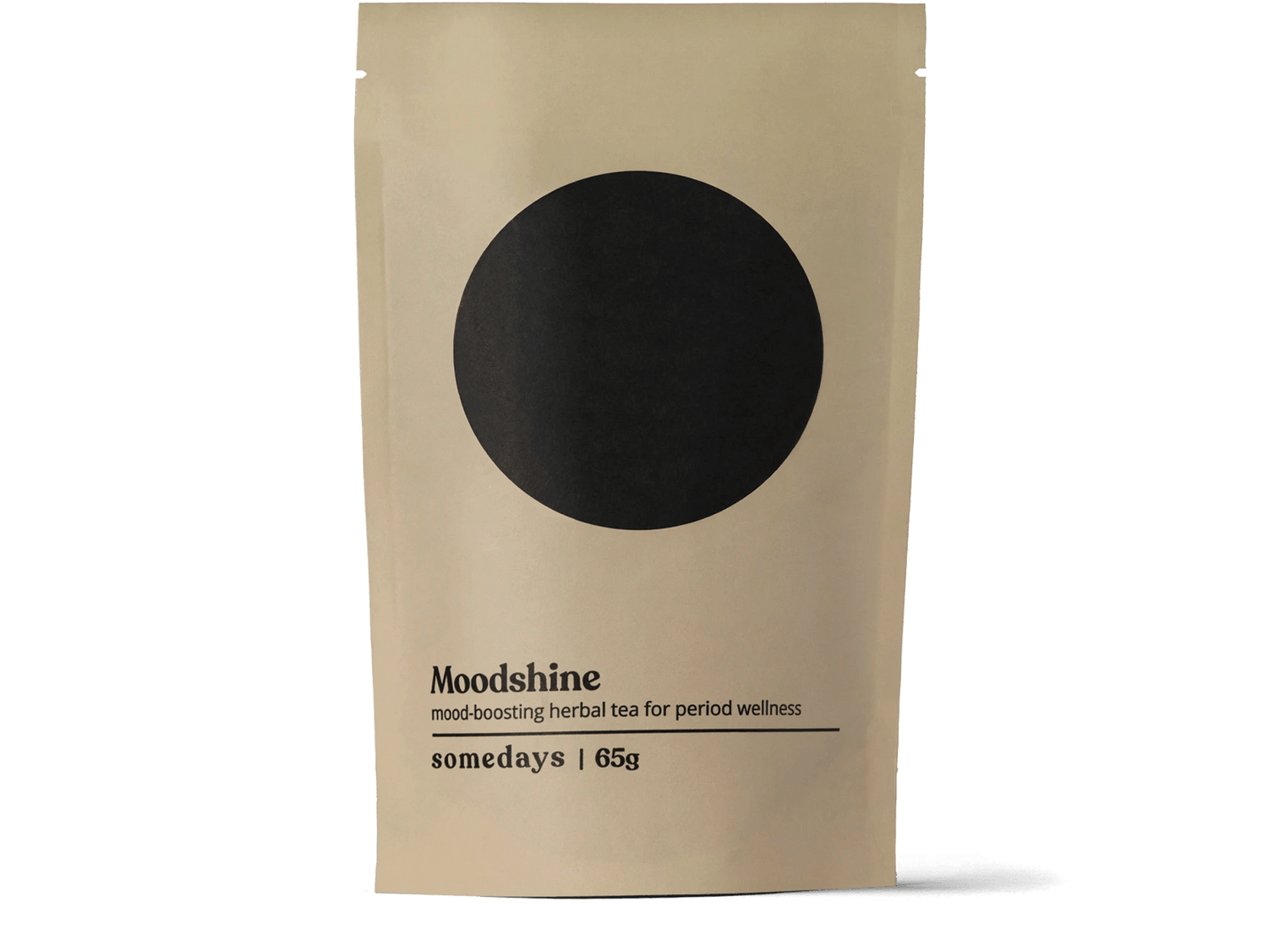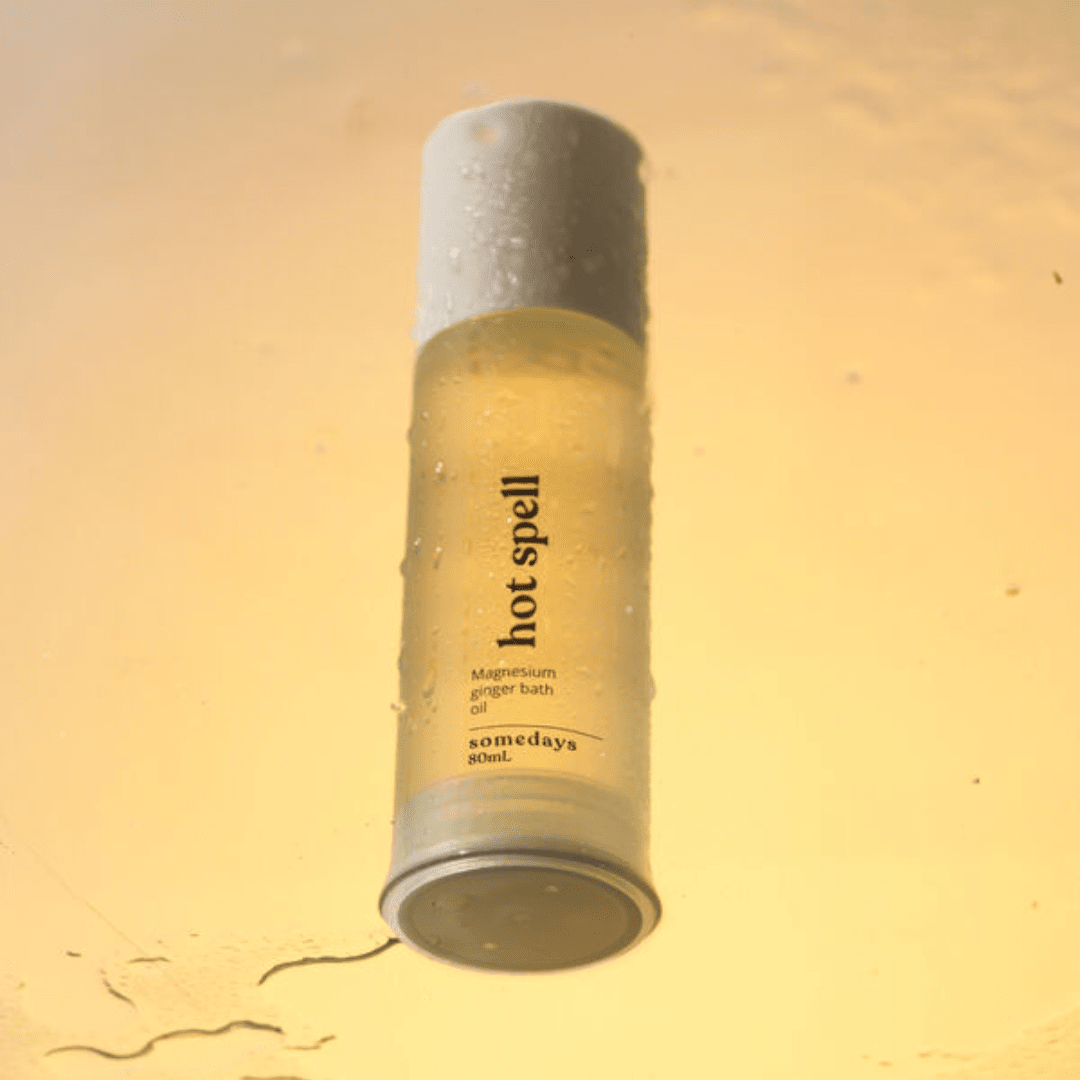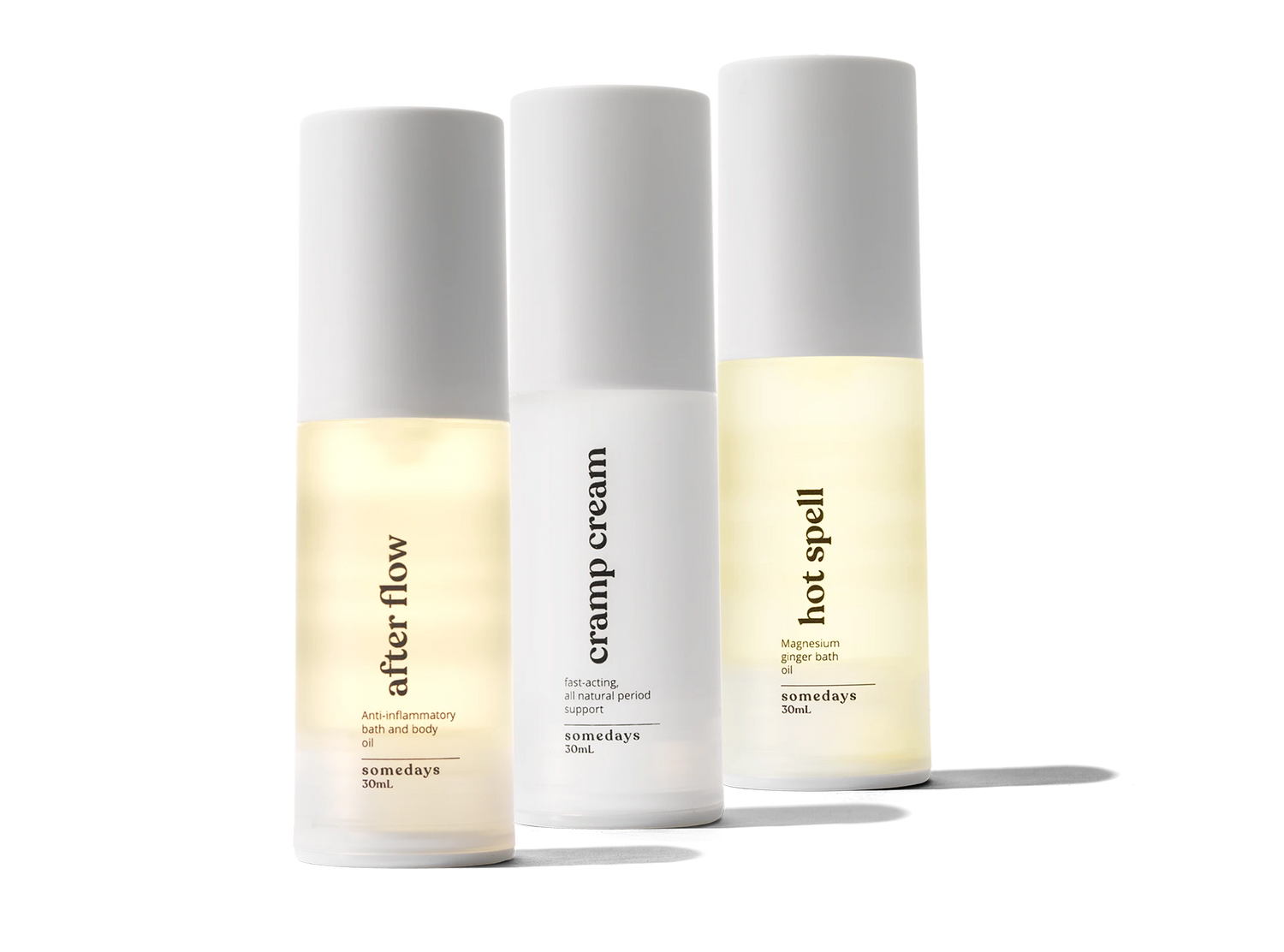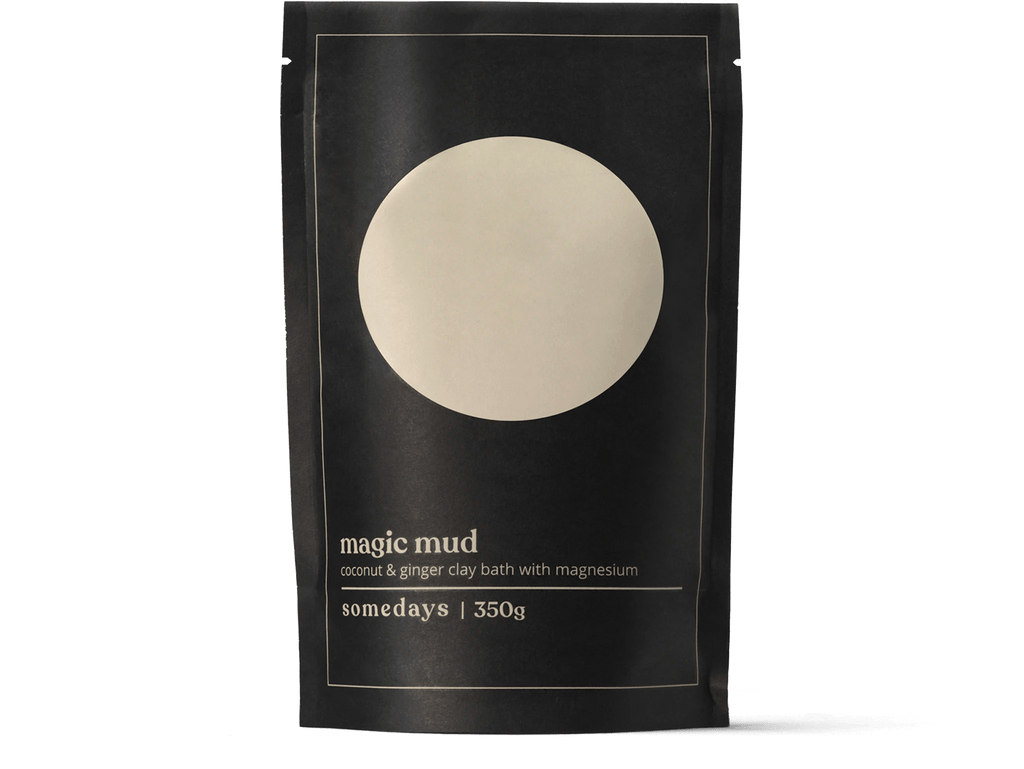Holistic and Integrative Approaches To Period Pain Relief

There is currently a substantial disconnect between western and holistic medical treatment when it comes to chronic pelvic pain management. Most medical professionals aren’t familiar with and so don’t recommend natural options for menstrual pain management and vice versa with holistic practitioners.
Not only is this disconnect counterproductive but it is ultimately harmful towards people struggling with menstrual pain who are trying to access the support and treatment they need. Each side seems to miss out on offering developed and effective techniques to their patients from the other side and seem to end up doing their patients a disservice.
It would be much more beneficial and in the best interest of those with chronic pain if they were able to access resources and treatment from different areas of medicine with support from their practicioners.
This disconnect is one of the many reasons that there is no one universal quick fix to menstrual pain and why taking a holistic and integrative approach to healing is the best option for those struggling.
Holistic meaning treatment of the whole problem (considering the whole person rather than just the symptoms) and integrative meaning a combination of different types of treatment (medical and natural).
The strengths that lie in taking a holistic and integrative approach to healing chronic menstrual pain is that it accommodates and accounts for different conditions, individuals, symptoms and situations. Each individual with menstrual pain is different and so different treatments might work better or worse.
Not only that but chronic menstrual pain is most often not always limited or restricted to days during actual menstruation but can arise at any time and so pain management needs to adjust with this change.
At somedays, we believe in the power of a holistic and integrative approach to help those with period pain live a more pain free life. Here are some of our best approaches to better pain management:
Natural Period Pain Management
It is well known that harmful chemicals play a role in bodily inflammation and can often worsen menstrual pain. Natural plant and herb based ingredients can have immensely positive benefits on healing menstrual related pain in the long run as well as decreasing pain symptoms in the short.
Calendula, arnica, lavender, chamomile and wintergreen to name a few are known for their anti-inflammatory and healing benefits and have proven very effective in helping individuals with period pain.
There are a variety of effective ways to implement plant ingredients into your life to help you better manage your pain. Some easy ways are through creams available at somedays as well as supplements, oils, tinctures, or teas that can be purchased at your local drug or grocery story.
There are many online resources that have comprehensive and research based suggestions on the best natural ingredients on the market to help with decreasing menstrual pain. Plant and herbal ingredients are most often safe to be used on a daily or as needed basis for pain management.
Medical Period Pain Management
The biggest difference between natural menstrual pain management and medical menstrual pain management is that while natural solutions focus more on long term healing, medical solutions are more inclined towards short term symptom management. Physicians often recommend various over-the- counter (and sometimes perscription) anti-inflammatory drugs such as ibuprofen, aleve, or tylenol to decrease pain and manage symptoms.
To decrease pain for longer periods of time the prevalent medical recommendation is using hormones to regulate bodily hormone levels and stop ovulation. This is realized through various methods of contraception such as daily birth control pills or IUD insertions, or through the use of prescribed estrogen and progesterone medications. Another medical based solution for pain is a laparoscopic surgery.
Laparoscopic surgery is designed to specifically support endometriosis by removing tender/problem areas of endometriosis lesions from areas in the women’s reproductive system.
While many people are able to live a life with less pain through these solutions, hormone administration does not do anything to heal or help the conditions.
When people choose to stop with their contraception, or a few years after the laparoscopic surgery, most individuals' pain returns and occasionally it returns worse than before. Medical menstrual pain management are very reactive based solutions that are temporary at best. Medical menstrual pain management will have the best impact when it is integrated alongside other pain management strategies.
Lifestyle Period Pain Management
One of the best ways to better manage your chronic menstrual pain is by adjusting your lifestyle. There are so many holistic lifestyle changes that can decrease pain levels if approached seriously and with a certain level of commitment. The first and most effective lifestyle change is diet.
Studies have shown that an anti-inflammatory diet can help with menstrual pain management by decreasing bodily inflammation and regulating hormone levels (such as reducing estrogen).
The best diet for people with period pain is one that is plant based and high in vegetables, fruits, legumes, nuts, grains and seeds and low in high processed, pre packaged foods such as fries, breads, treats and most animal products (especially dairy and red meat). Most online resources can agree that while changing diet can be difficult, it will greatly improve menstrual pain.
There are also many types of exercises that can decrease menstrual pain when done correctly such as body weight flexibility focused movement like yoga or pilates and light aerobic exercises such as walking or light jogging.
Its best to avoid high impact, high intensity exercises such as HITT and running. Other various lifestyle based treatments such as physiotherapy, acupuncture, counselling have also proven effective in decreasing menstrual pain.
Supportive and high quality social relationships as well as having a positive mindset and outlook on life are also lifestyle based changes that can contribute to a decrease in pain levels.
Figuring out which changes work best for you during which times of the month is the best thing you can do to live a higher quality, more pain free life.
Previous Article All Articles Next Article
All ArticlesMagic Mud
A concentrated, invigorating bath blend of ginger root and magnetic clay to ease pain and promote deep muscle relaxation. Mix it into a paste for a direct and intense effect or simply add to a warm bath for overall relief. Contains 350g
$36.00
ADD TO CART



